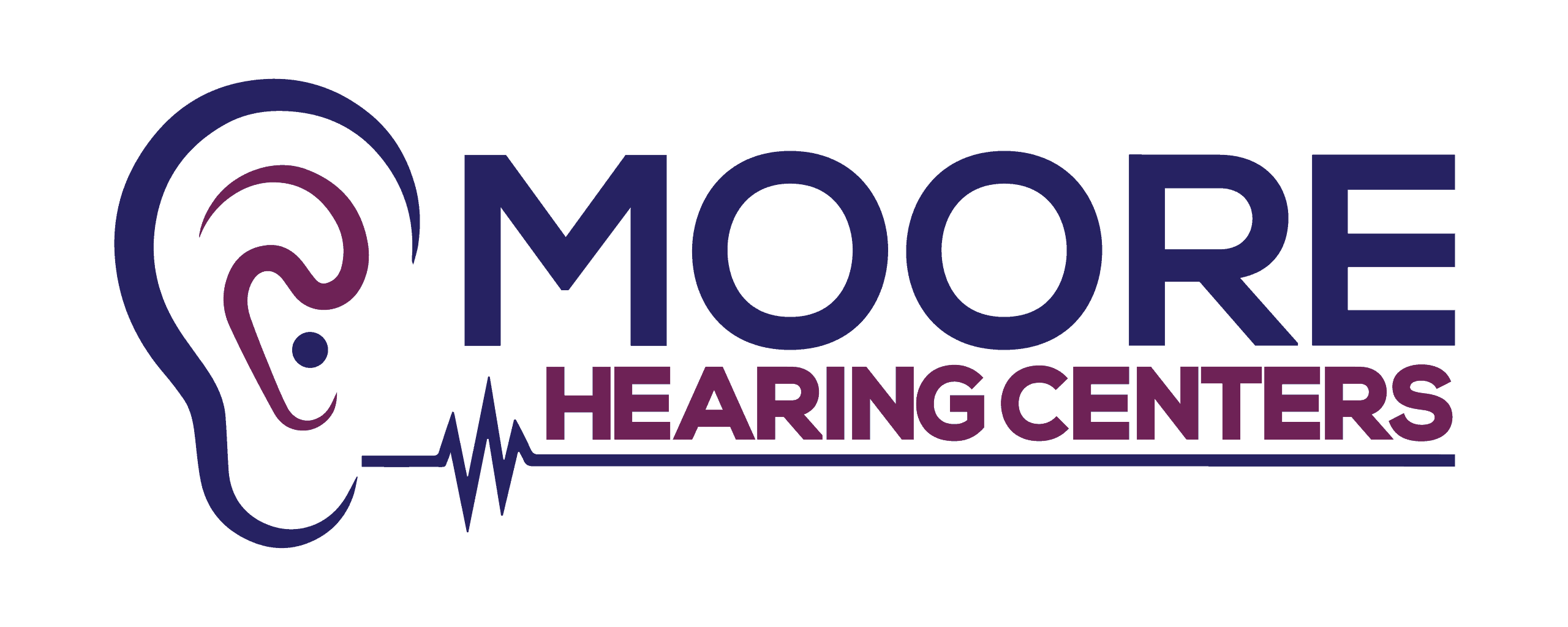Tinnitus, often described as a ringing, buzzing, or hissing sound in the ears, is a condition that affects millions of people worldwide. While it can occur for various reasons, one of the most common factors associated with this condition is hearing loss. Understanding the connection between hearing loss and tinnitus is essential for effective management and treatment. At Moore Hearing Centers in Sun City, Arizona, we help patients navigate these interconnected conditions, ensuring the best possible outcomes for hearing health.
What is Tinnitus?
This condition is the perception of sound in the absence of an external noise source. It can manifest in different ways, including high-pitched ringing, humming, buzzing, or even clicking sounds. The severity of symptoms varies from a mild annoyance to a condition that significantly impacts daily life, including sleep and concentration.
While the condition is often associated with hearing loss, it can also result from ear infections, exposure to loud noises, stress, and certain medications. However, hearing loss remains one of the primary contributors to this issue, making it crucial to explore the link between the two.
How Are Tinnitus and Hearing Loss Connected?
Hearing loss and tinnitus frequently occur together, and the relationship between them is complex. Approximately 90% of people experiencing these symptoms also have some degree of hearing loss, according to research. But what exactly causes this connection?
Damage to the Hair Cells in the Inner Ear
The most common cause of hearing loss is damage to the tiny hair cells in the inner ear, which are responsible for transmitting sound signals to the brain. When these hair cells are damaged—whether due to aging, noise exposure, or other factors—your auditory system struggles to process sound correctly.
This damage can lead to hearing loss, and in some cases, the brain compensates by amplifying internal neural noise. In essence, tinnitus is the brain’s response to the lack of external sound input caused by hearing loss.
The Brain’s Role in Tinnitus and Hearing Loss
Both hearing loss and tinnitus are closely related to how the brain processes sound. When hearing diminishes, the brain doesn’t receive the usual auditory signals it’s used to. As a result, the brain may try to fill in the gaps by creating the perception of sound. This is often why individuals with hearing loss experience a persistent ringing or buzzing in their ears, even when no external sound is present.
This compensatory mechanism in the brain highlights why hearing loss and tinnitus are often intertwined and why addressing hearing loss is a key factor in managing symptoms.
Can Tinnitus Cause Hearing Loss?
While these two issues are often linked, one does not directly cause hearing loss. However, tinnitus can exacerbate difficulties in hearing by making it harder to focus on external sounds. The constant background noise can mask important sounds or conversations, making it feel as though your hearing is worse than it actually is.
This is why it’s important for individuals experiencing both conditions to seek comprehensive care from an audiologist, like the experts at Moore Hearing Centers in Sun City, Arizona. With proper evaluation, treatment, and management, you can improve both your hearing health and your quality of life.
Read More: Why Regular Hearing Testing is Essential for Good Hearing Health
Managing Tinnitus and Hearing Loss Together
Addressing hearing loss can significantly improve tinnitus symptoms in many cases. Here are a few effective management strategies:
Hearing Aids
For those with hearing loss, hearing aids can be an excellent solution. By amplifying external sounds, hearing aids reduce the brain’s need to generate its own noise, thus minimizing the perception of internal noise. Many modern hearing aids also come equipped with special masking features, providing relief from the constant ringing or buzzing.
Sound Therapy
Sound therapy involves using external sounds to mask or distract from internal noise. This can include white noise machines, nature sounds, or even customized sound programs designed to help your brain focus on other stimuli rather than the internal noise.
Cognitive Behavioral Therapy (CBT)
In cases where the condition causes significant distress, Cognitive Behavioral Therapy (CBT) can be helpful. CBT teaches patients how to manage the emotional and psychological effects of their symptoms, reducing stress and improving quality of life.
The Importance of Regular Hearing Testing
Because of the strong connection between hearing loss and tinnitus, regular hearing testing is crucial. At Moore Hearing Centers in Sun City, Arizona, our comprehensive hearing evaluations not only identify any degree of hearing loss but also help us assess the presence and severity of tinnitus symptoms. With early detection, we can develop a personalized treatment plan to address both conditions effectively.
Conclusion
The link between these conditions is undeniable, and addressing one can often help manage the other. If you’re experiencing tinnitus or suspect hearing loss, don’t wait to seek help. Moore Hearing Centers in Sun City, Arizona, offers expert care and advanced solutions to improve your hearing health and reduce the impact of internal noise on your life. Schedule your hearing test today and take the first step toward better hearing and relief from tinnitus.

Recent Comments